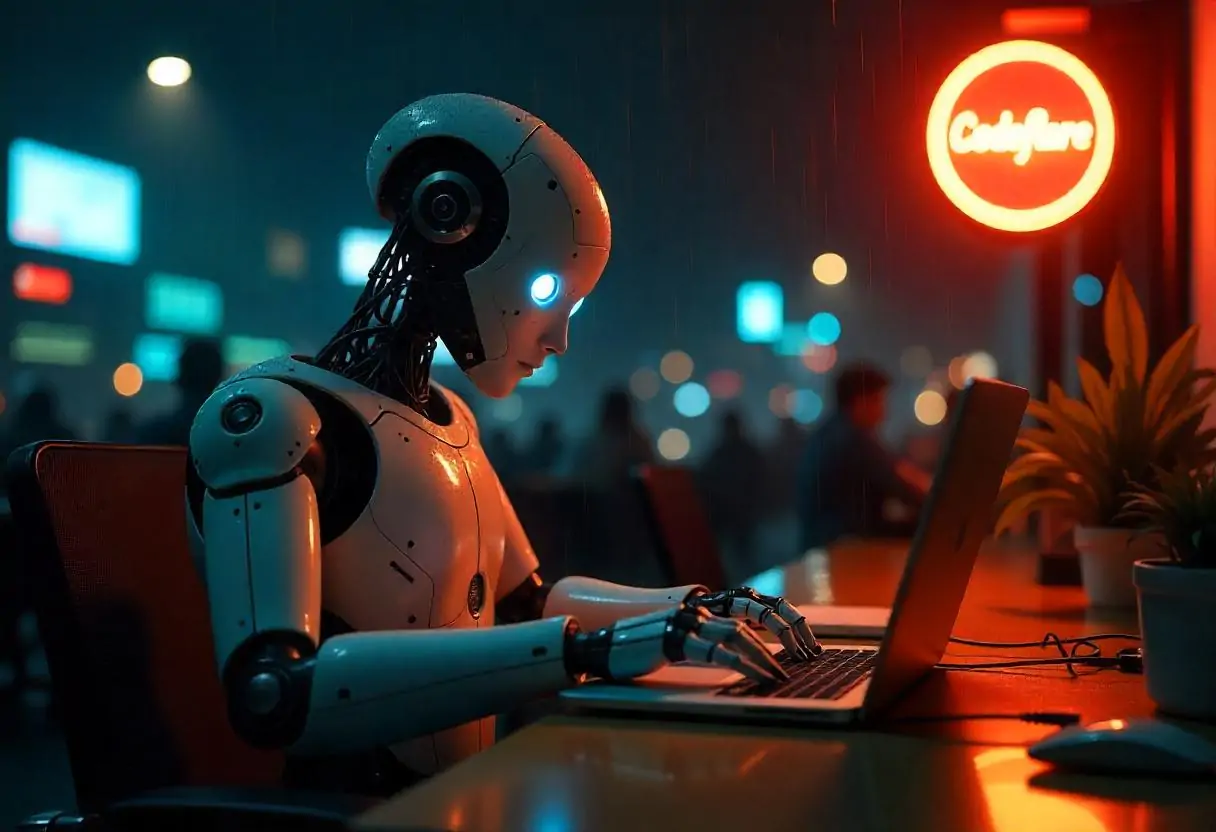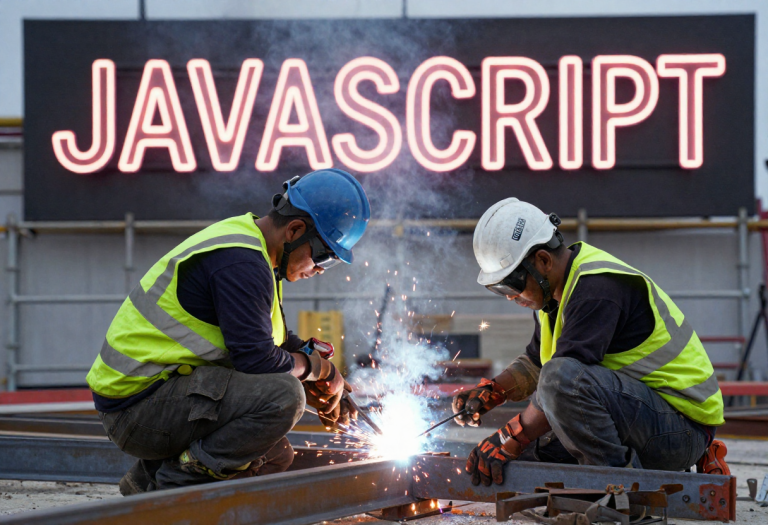
Artificial Intelligence (AI) has made remarkable progress in recent years, transforming industries such as healthcare, finance, and manufacturing. With advancements in machine learning (ML), natural language processing (NLP), and automated code generation, AI is now capable of writing, debugging, and even optimizing software. This raises an important question: Will AI replace software developers?
While some fear that AI will make human developers obsolete, others argue that AI will serve as a powerful tool to augment developers rather than replace them. This article explores the capabilities of AI in software development, the limitations it faces, and the evolving role of developers in an AI-driven world.
The Rise of AI in Software Development
1. AI-Powered Code Generation
AI tools like GitHub Copilot, OpenAI’s Codex, and Amazon CodeWhisperer can generate code snippets based on natural language prompts. These tools leverage large language models (LLMs) trained on vast repositories of open-source code to suggest functions, classes, and even entire programs.
- GitHub Copilot: Acts as an AI pair programmer, offering real-time code suggestions.
- OpenAI Codex: Powers Copilot and can translate plain English into functional code.
- Bolt: Bolt is able to create and generate code from prompts
- Amazon CodeWhisperer: Provides AI-driven code recommendations within IDEs.
These tools significantly speed up development by reducing boilerplate code and automating repetitive tasks.
2. Automated Debugging and Code Optimization
AI can analyze code for bugs, security vulnerabilities, and performance inefficiencies. Tools like DeepCode, Snyk, and SonarQube use machine learning to detect issues and suggest fixes.
- DeepCode: Uses AI to scan codebases for bugs and security flaws.
- Snyk: Focuses on identifying vulnerabilities in dependencies.
- SonarQube: Provides static code analysis with AI-powered recommendations.
3. AI in Testing and Quality Assurance
Automated testing frameworks like Testim and Applitools leverage AI to:
- Generate test cases.
- Detect UI changes.
- Optimize test coverage.
This reduces manual effort and improves software reliability.
4. Low-Code/No-Code Platforms
AI-driven platforms like OutSystems, Mendix, and Bubble allow non-developers to build applications using drag-and-drop interfaces. These tools use AI to:
- Generate backend logic.
- Automate workflows.
- Optimize app performance.
While they democratize software development, they still require human oversight for complex applications.
Can AI Fully Replace Software Developers?
Despite AI’s impressive capabilities, several factors prevent it from completely replacing human developers:
1. Lack of Creativity and Problem-Solving
AI excels at pattern recognition and repetitive tasks but struggles with:
- Abstract thinking: AI cannot conceptualize novel solutions outside its training data.
- Innovation: Breakthroughs in software often require creative problem-solving, which AI lacks.
- Business context: AI doesn’t understand business goals, user needs, or ethical considerations.
2. Limited Understanding of Complex Systems
While AI can generate code snippets, it struggles with:
- Architecture design: Structuring large-scale systems requires human expertise.
- Legacy systems: Integrating AI-generated code with outdated systems is challenging.
- Edge cases: AI may miss unusual scenarios that require human judgment.
3. Ethical and Security Concerns
- Bias in AI models: If trained on biased data, AI-generated code may contain security flaws.
- Intellectual property: Who owns AI-generated code? Legal gray areas remain.
- Accountability: If an AI-generated app fails, who is responsible?
4. Human Collaboration is Still Essential
- Code reviews: AI can assist, but human oversight ensures quality.
- Team dynamics: Software development involves collaboration, communication, and leadership—skills AI lacks.
- User experience (UX) design: Understanding human emotions and preferences requires human intuition.
The Future: AI as a Developer’s Assistant
Rather than replacing developers, AI is becoming an indispensable assistant:
1. Augmented Development
- Faster prototyping: AI helps quickly generate proof-of-concept code.
- Reduced grunt work: Automating repetitive tasks lets developers focus on innovation.
- Continuous learning: AI suggests best practices and new frameworks.
2. New Roles in AI-Driven Development
As AI evolves, new job opportunities emerge:
- AI trainers: Experts who fine-tune AI models for coding.
- AI ethicists: Professionals ensuring responsible AI use in software.
- Hybrid developers: Engineers who blend coding with AI tool management.
3. Upskilling for the AI Era
Developers must adapt by:
- Learning AI-assisted tools (Copilot, Codex).
- Developing soft skills (problem-solving, collaboration).
- Understanding AI ethics and governance.
Conclusion
AI will not replace software developers but will transform how they work. While AI automates repetitive tasks, humans remain essential for creativity, complex problem-solving, and ethical decision-making. The future belongs to developers who embrace AI as a collaborator rather than a competitor.
Instead of fearing obsolescence, developers should focus on upskilling and leveraging AI to build better software faster. The synergy between human ingenuity and AI efficiency will drive the next era of software innovation.
Final Answer: No, AI will not replace software developers—it will empower them.

Latest tech news and coding tips.



